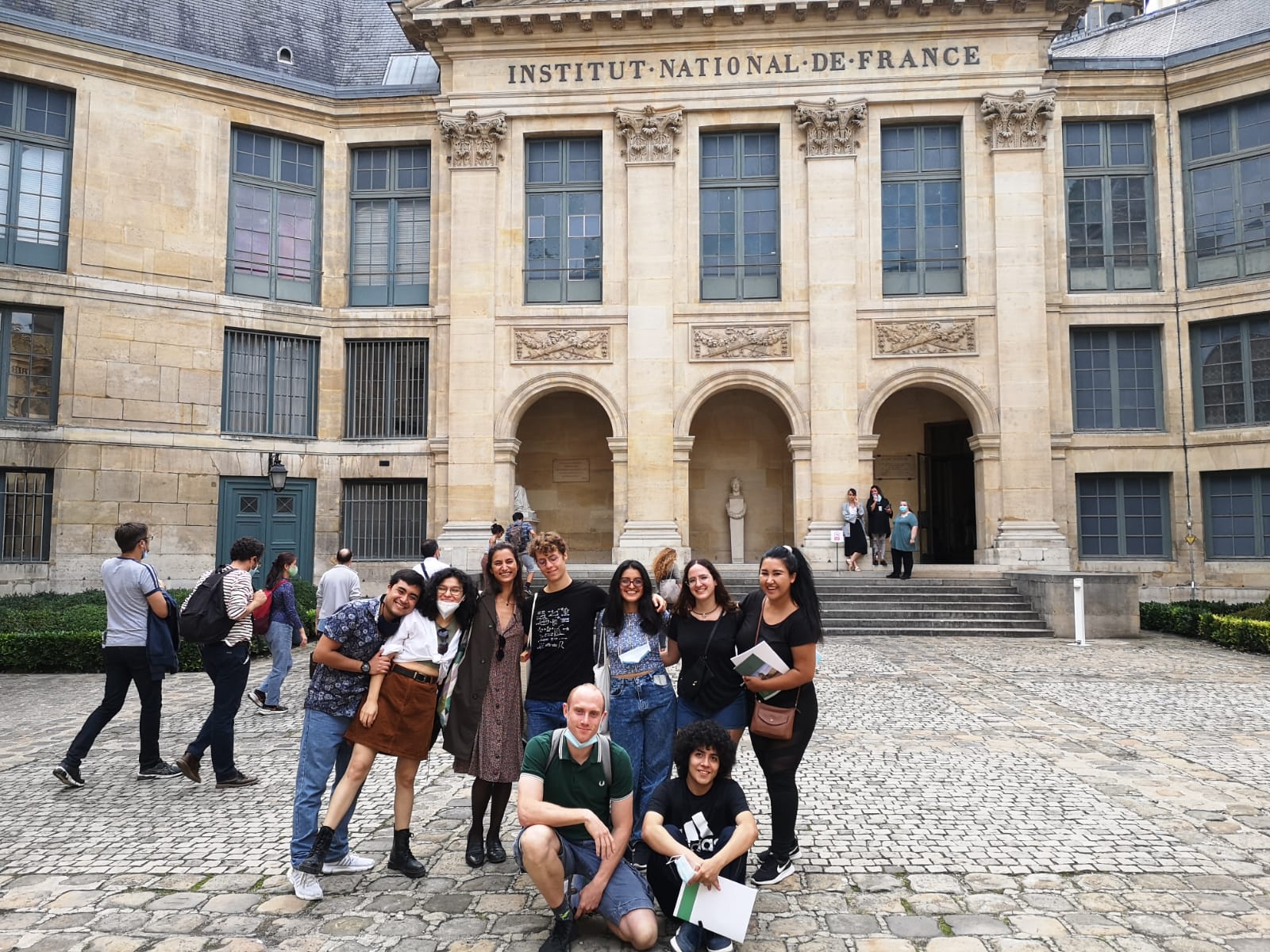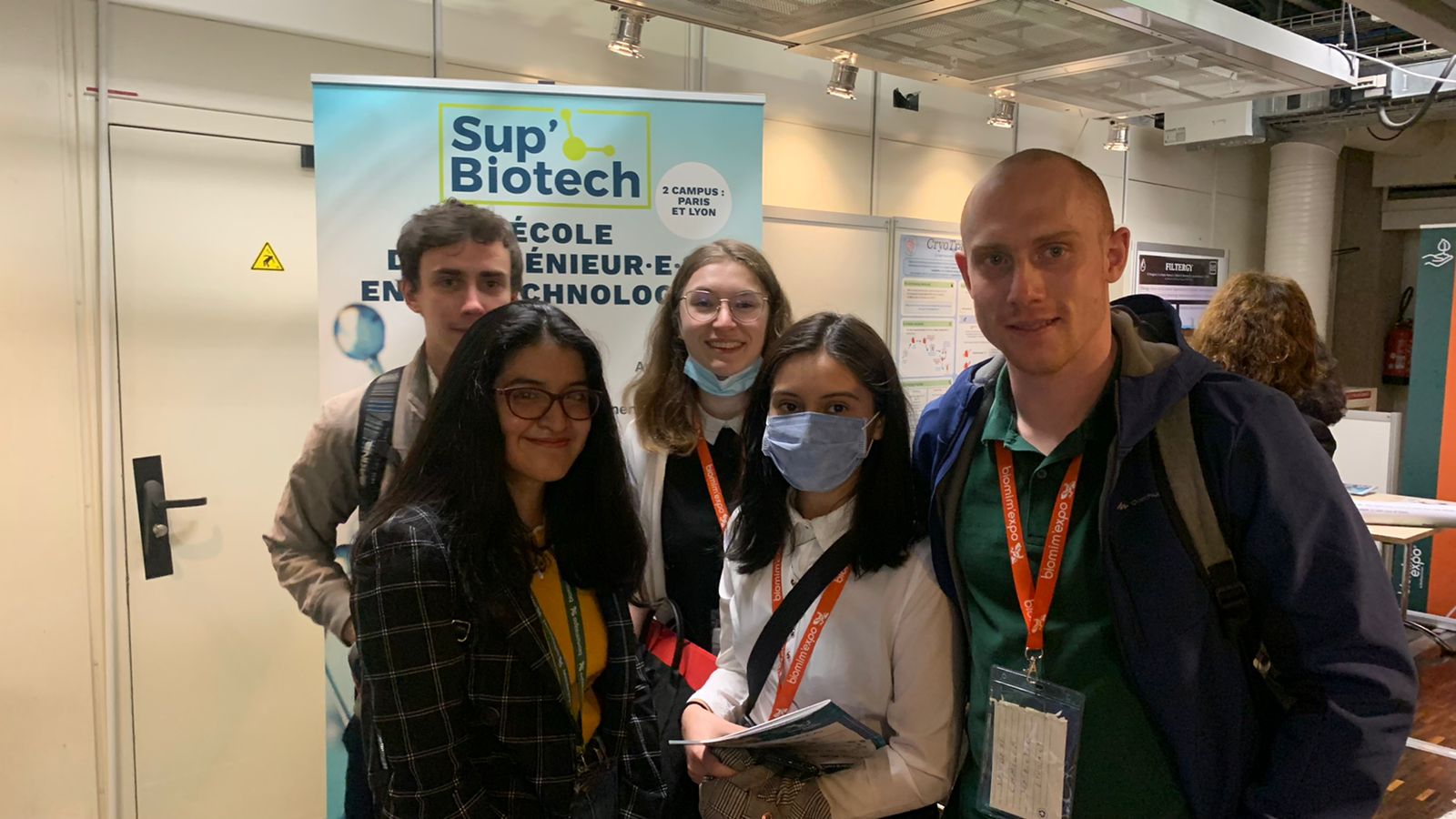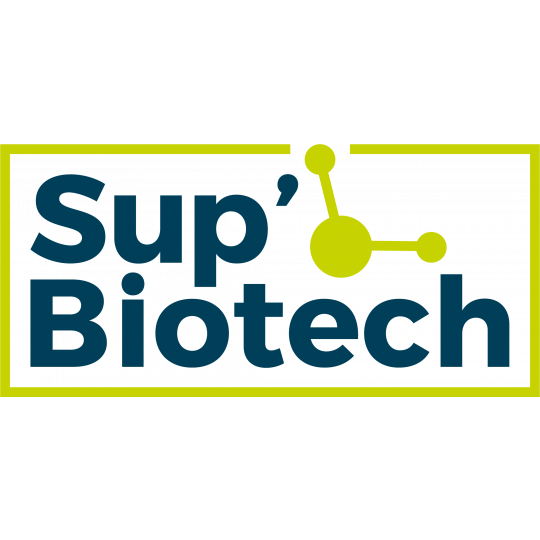First double graduate HEPL - Sup'Biotech
Wednesday, February 7, 2024 - 16:06
Could you present yourself and summarize your educational background?
My name is Camille Snyders. I am a 25 year old man who is quite sporty. I began my academic career in higher education with a Bachelor's degree in Chemistry with a biotechnology option offered by HEPL. Three years later, with a one-year bridge, I continued my studies at the same school with a Master’s degree in Industrial Engineering Sciences with a biochemistry - bioproduction orientation. During my first year of my master's degree, I decided to reduce it to focus more on athletics. So I was only able to obtain around thirty credits during the year. There were therefore 90 credits left to present, 30 of which were devoted to the internship and the end-of-study work. At the end of master 1, I decided to validate my remaining 60 credits by completing a year at the Sup'Biotech school located in Villejuif just below Paris. HEPL and Sup’Biotech have put in place an agreement to obtain the two diplomas awarded at the end of the course through validation of 60 master’s credits in each establishment. After this year, I did my internship in France during the first semester.
What did you do to obtain this double diploma?
As I mentioned, I spent a year of Master's studies at Sup'Biotech during the 2021-2022 academic year. I had to validate all of the master's courses provided by the school. Note that the two-year master's degree at Sup'Biotech begins with a 4-month internship and continues with two semesters of courses separated by summer vacations, and ends with a 6-month internship. In addition, some courses start in master 1 and end in master 2. So I started with master 2 in the first semester and finished with master 1 in the second semester, which is not ideal for respecting the logical sequence of the training, but it’s still entirely doable.
How did this mobility go?
Mobility generally went well, France being a neighboring country offering many facilities for Belgians coming to reside there.
The school took charge very quickly to guide me through the training and answer my questions, particularly to find accommodation nearby. The school years at Sup’Biotech are united and will not hesitate to provide help to international students thanks in particular to the school’s various student associations. This allows international students to network to exchange and practice English. I was able to develop a network thanks to the people I met.
Furthermore, Paris is a beautiful and big city where you can find and do many things if you have the time.
Did you feel a difference between Sup’Biotech and HEPL?
Yes, I find that the training is different. In a master's degree at Sup'Biotech, the majority of courses are evaluated via group projects after a theoretical part and several courses are solely devoted to the development of a project. At Sup'Biotech there is what we call a minor. In fact, it is a specialization in a certain field whose courses are taught over 4 weeks. For my part, I chose the agri-food minor and I found it extremely enriching and the training well-constructed which allowed me to have a very good vision of the agri-food industry and the development of a product.
Do you have any plans for the future?
I haven't thought much about it. On the other hand, I now have arrangements to go and work in France and why not in the agri-food sector. This year has, in any case, allowed me to gain confidence in myself to go and work abroad.




